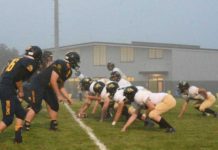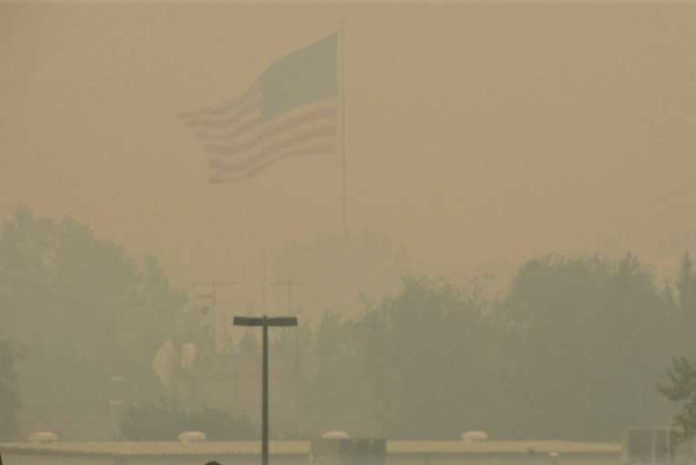As we have witnessed in the last couple of years here in the southwest Oregon and northwestern California regions, wildfires can devastate communities. But what many don’t realize is that they can impact far more than those directly in the path of the flames.
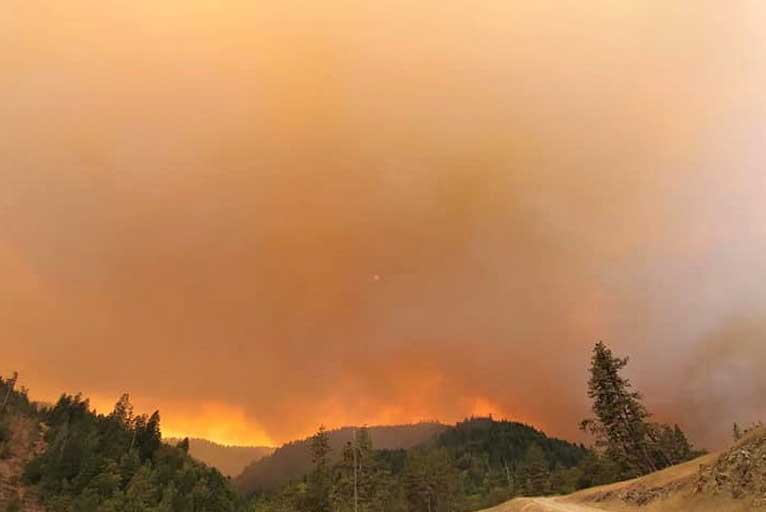
Depending on the size of the fires, smoke and ash may stretch hundreds of miles away, creating health issues for many people. Here’s how you can protect yourself from wildfire smoke.
Children, older adults, and those with heart or lung conditions, such as asthma or COPD, are at greatest risk of health issues, including severe breathing problems. Even if you’re not in these higher-risk groups, you may experience allergy-like symptoms, including congestion, sore throat, breathing issues, eye irritation, and fatigue.
The Oregon Department of Environmental Quality has issued an Air Pollution Advisory to remain in effect until further notice.
Medford Valley and Surrounding area:
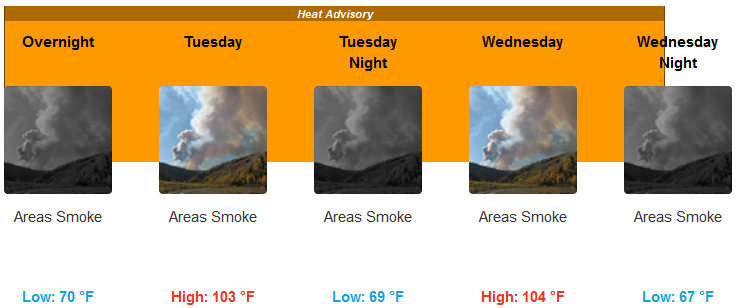
Due to Wildfires burning in the region, combined with forecast conditions air quality levels will fluctuate and could be at unhealthy levels.
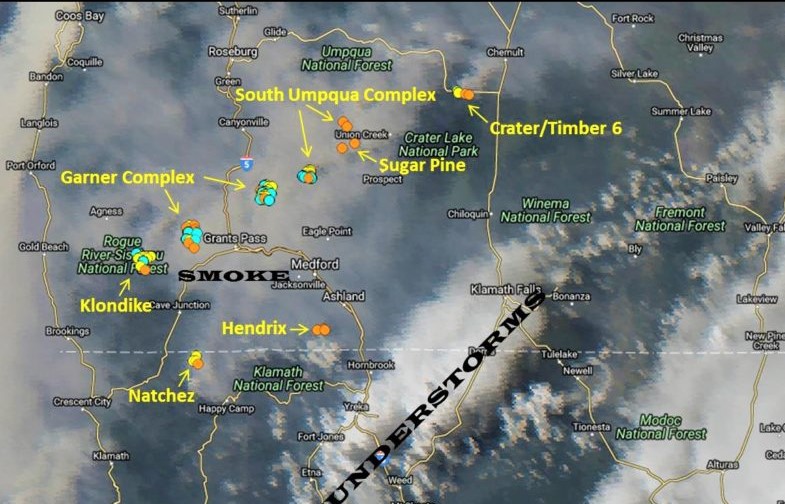
Pollutants in smoke can cause burning eyes…runny nose…aggravate heart and lung diseases…and aggravate other serious health problems.Limit outdoor activities and keep children indoors if it is smoky. Please follow medical advice if you have a heart or lung condition. If you feel like you’re not getting enough air, you should seek emergency medical attention.
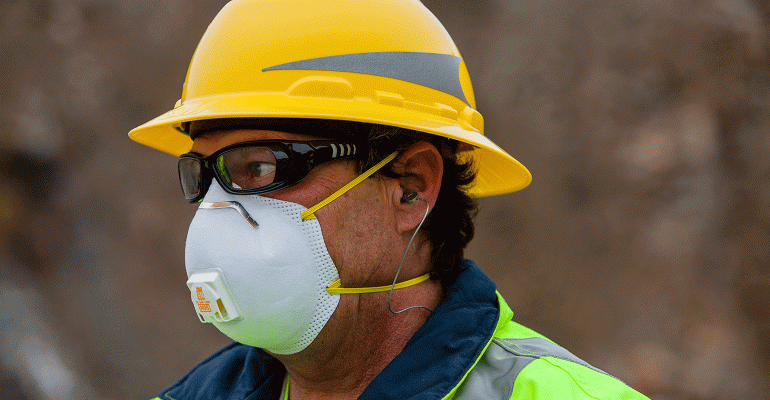 If you can, people should stay indoors as much as possible and avoid physical activity when the air quality is bad, especially if you’re in a high-risk group. Keep your windows and doors closed. If you have an air conditioner that recirculates air, this can help with the air quality in your home. Be sure your fresh-air intake is closed so you’re not pulling in smoky air and you are using a quality clean air filter on your air conditioning system.
If you can, people should stay indoors as much as possible and avoid physical activity when the air quality is bad, especially if you’re in a high-risk group. Keep your windows and doors closed. If you have an air conditioner that recirculates air, this can help with the air quality in your home. Be sure your fresh-air intake is closed so you’re not pulling in smoky air and you are using a quality clean air filter on your air conditioning system.
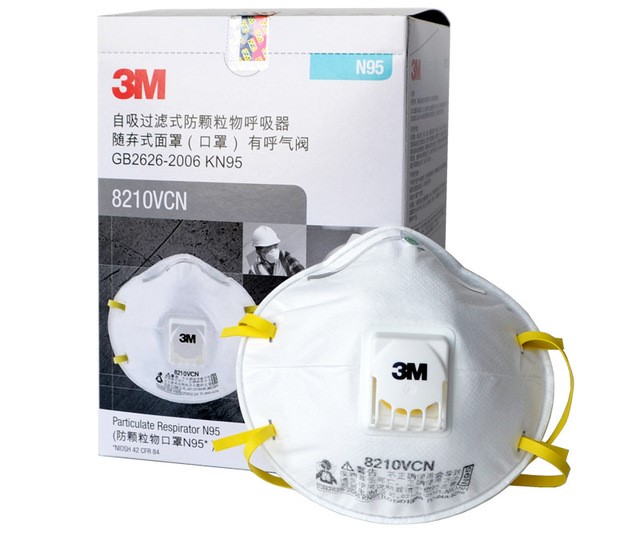 When you go outside, it is recommended that you wear a particulate respirator mask rated N95 or P100. These are generally available at hardware stores, but may be difficult to find in times of high demand.
When you go outside, it is recommended that you wear a particulate respirator mask rated N95 or P100. These are generally available at hardware stores, but may be difficult to find in times of high demand.
Surgical masks, while often easier to find, won’t filter out the smallest particulates that are often in wildfire smoke. Try calling a local hardware store or pharmacy if you feel you need one. Bandanas and other types of masks don’t offer protection from smoke.
Finally, keep your eyes on local air quality reports.
Any general advice is for informational purposes only and is not intended to replace or substitute for any medical or other advice.
Please Like, Share and Follow the …









